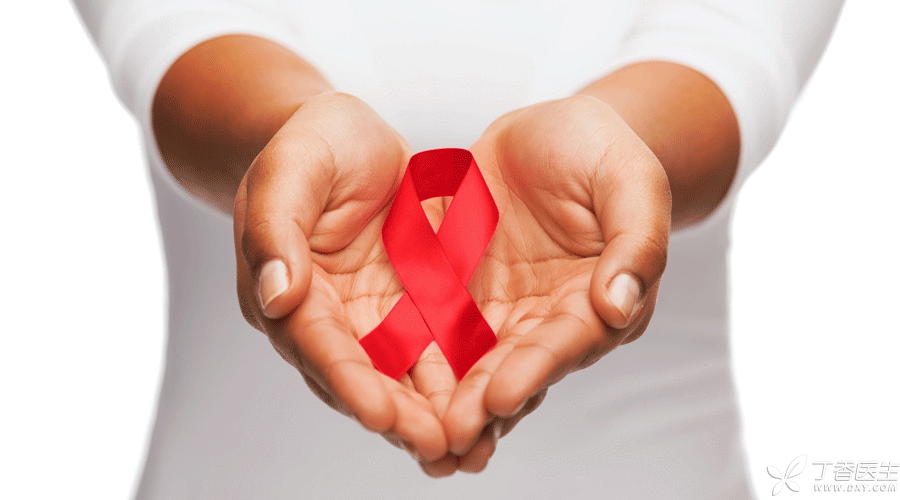
Editor’s Note:
Recently, there have been media reports that AIDS patients in some places have received fraudulent phone calls. The fraudsters claimed to be government department staff and defrauded handling fees in the name of granting subsidies to the infected persons. The infected persons suspect that their personal information has been leaked.
In order to reduce the risk of personal information being disclosed, Dr. Clove wishes to tell you some precautions.
What should I do if I suspect I am infected with HIV?
It is suggested to go to AIDS free voluntary counseling and monitoring points for testing, because there are few links that are professional, free and have access to patients’ personal privacy information.
Most of these monitoring points are located in disease prevention and control centers at all levels and some hospitals above the county level. The names and addresses of these institutions can be found on the websites of provincial and municipal disease prevention and control centers.
Generally speaking, the AIDS testing of the Center for Disease Control and Prevention is free, and the hospital also has a fee for AIDS testing items. If you go to the hospital for examination, the registration can be linked to the infectious department or the infectious department, but the hospital still needs to report the relevant testing results.
In addition, there are some non-governmental organizations with more credibility that can also provide testing with the support of disease control departments. Others buy test paper online, please identify the genuine product.
In contrast, we are still the most recommended to go to the Centers for Disease Control and Prevention for testing.
Suspected AIDS, should immediately go to the test?
Due to different detection methods and individual differences, there is a [window period] after HIV infection, that is, HIV virus cannot be detected immediately after entering the human body; It will take a little time before it can be detected.
Therefore, it is not a single test to determine that there is no HIV infection. The fourth generation of testing reagents currently used have a window period of 2-6 weeks. Therefore, if there are several possible infected situations mentioned below, you can go to the CDC for testing in a few weeks.
What circumstances should we suspect that we may be infected with HIV?
Because, at present, it is believed that there are three main routes of transmission of AIDS: sexual transmission, blood transmission and mother-to-child transmission.
(1) Sexual transmission: It is mainly due to slight mucosal damage caused by friction during sexual intercourse, and HIV enters the human body through the wound.
(2) Blood transmission: mainly due to the common use of HIV-contaminated and unsterilized syringes, the input of HIV-contaminated blood products or the use of HIV-contaminated personal articles, etc.
(3) Mother-to-child transmission: HIV can enter the fetus through the placenta of the mother infected with HIV, or it can be infected during childbirth, through the birth canal or during lactation.
Therefore, you can try to recall these questions:
Have you ever had unprotected sex? Do you take drugs? Is there a shared syringe? Have you ever lost blood products that are not guaranteed? Does the spouse have AIDS? Do you share shavers, tattoo utensils, etc. If there are these circumstances, it is necessary to suspect the possibility of HIV infection.
Daily life contact, sharing office appliances, sharing the same room, eating, hugging, mosquito bites, etc., will not infect AIDS.
In particular, the following two behaviors are not recommended.
1. Test whether you have AIDS by donating blood.
Technically speaking, there is a window period after AIDS infection, which may not be found through the examination of blood donation without compensation. Morally speaking, this kind of behavior should be strongly condemned! Blood donation is originally a matter of expressing public interest. If the infected person really donates blood, it may cause innocent blood users to be infected, and it will also increase the fear of AIDS among ordinary people and deepen the misunderstanding of blood donation.
2. Delay in testing until you have symptoms or have to be tested.
Although the current medical level, AIDS is still unable to be cured, but doctors can use some drugs to minimize virus replication, maximize the preservation of immunity, improve the quality of life of patients, reduce the spread of AIDS. Many patients infected with HIV, can still be very good
Finally, add that in case of infection, you must follow the advice of CDC doctors and receive treatment. Moreover, China implements free treatment for AIDS patients.
References
1. < < AIDS > > Health Question and Answer, Sang Junjun
2. Official website of the STD/AIDS Prevention and Control Center of the China Center for Disease Control and Prevention: http://ncaids.chinacdc.cn/jkzt/jcjg/
3. Wang Longde. AIDS [M]. Beijing: Beijing Publishing House, 2009
